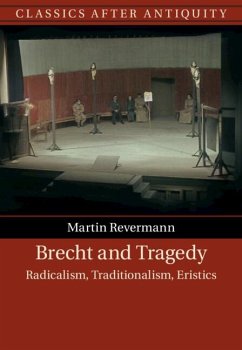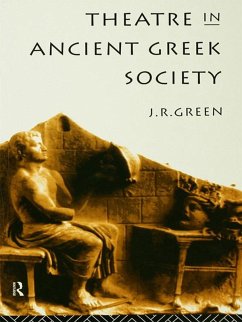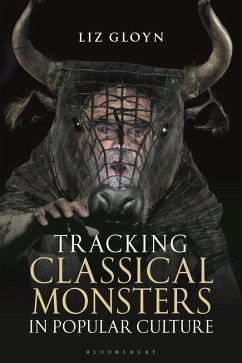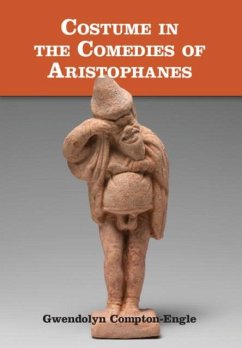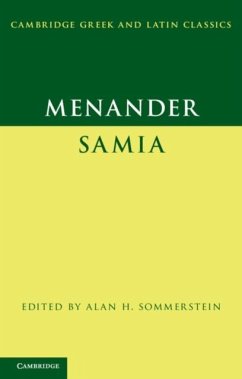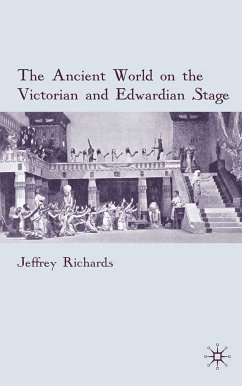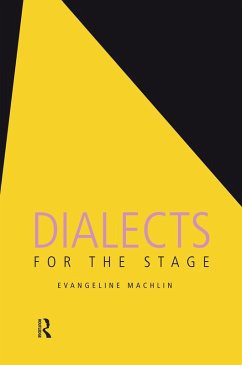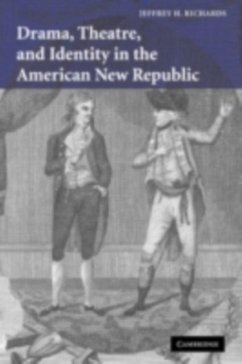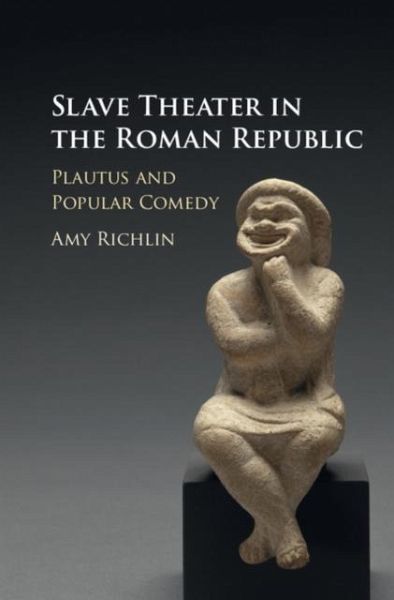
Slave Theater in the Roman Republic (eBook, PDF)
Plautus and Popular Comedy
Versandkostenfrei!
Sofort per Download lieferbar
27,95 €
inkl. MwSt.
Weitere Ausgaben:

PAYBACK Punkte
14 °P sammeln!
Roman comedy evolved early in the war-torn 200s BCE. Troupes of lower-class and slave actors traveled through a militarized landscape full of displaced persons and the newly enslaved; together, the actors made comedy to address mixed-class, hybrid, multilingual audiences. Surveying the whole of the Plautine corpus, where slaves are central figures, and the extant fragments of early comedy, this book is grounded in the history of slavery and integrates theories of resistant speech, humor, and performance. Part I shows how actors joked about what people feared - natal alienation, beatings, sexua...
Roman comedy evolved early in the war-torn 200s BCE. Troupes of lower-class and slave actors traveled through a militarized landscape full of displaced persons and the newly enslaved; together, the actors made comedy to address mixed-class, hybrid, multilingual audiences. Surveying the whole of the Plautine corpus, where slaves are central figures, and the extant fragments of early comedy, this book is grounded in the history of slavery and integrates theories of resistant speech, humor, and performance. Part I shows how actors joked about what people feared - natal alienation, beatings, sexual abuse, hard labor, hunger, poverty - and how street-theater forms confronted debt, violence, and war loss. Part II catalogues the onstage expression of what people desired: revenge, honor, free will, legal personhood, family, marriage, sex, food, free speech; a way home, through memory; and manumission, or escape - all complicated by the actors' maleness. Comedy starts with anger.
Dieser Download kann aus rechtlichen Gründen nur mit Rechnungsadresse in A, B, BG, CY, CZ, D, DK, EW, E, FIN, F, GR, HR, H, IRL, I, LT, L, LR, M, NL, PL, P, R, S, SLO, SK ausgeliefert werden.




